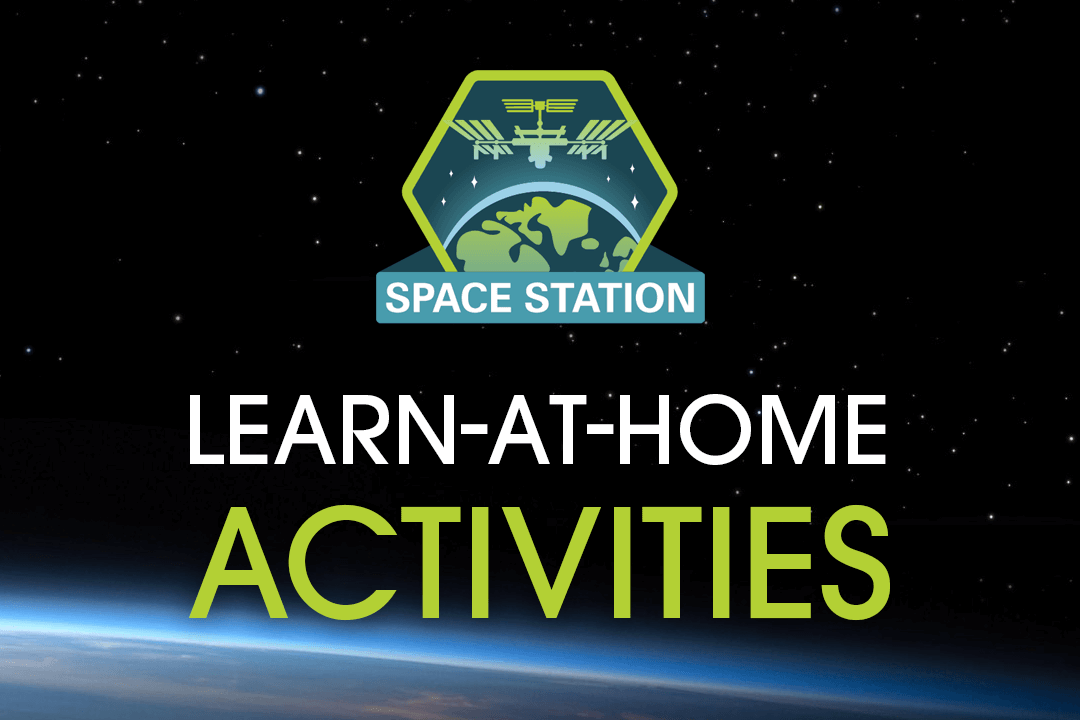NASA astronaut Kate Rubins will visit the Boston area on Thursday, May 5. Rubins, who has spent more than 300 days in space, will meet with students and the media to discuss her experiences living and working onboard the International Space Station (ISS). The first part of her visit will take place at Arlington High School and the second part will be at miniPCR bio in Arlington in association with the Genes in Space “Space Biology Camp”.
One of the main areas of emphasis during Rubins’ time in space was dedicated to supporting life sciences research. She holds a Ph.D. in cancer biology, and while onboard the orbiting laboratory, she became the first person to sequence DNA in space. In addition to supporting cancer research and drug development investigations, Rubins has also supported several student-led investigations with ties to the Boston area.
As part of her visit on May 5, Rubins will spend time with representatives and investigators associated with the Genes in Space program. This Cambridge-based program, founded by miniPCR bio and Boeing and supported by the ISS National Laboratory, holds an annual competition for students nationwide in grades 7-12 to propose experiments that will ultimately be performed by astronauts on the ISS.
A project associated with Genes in Space, led by student investigator Selin Kocalar, will launch on a SpaceX Commercial Resupply Services mission (contracted by NASA) to the ISS this summer. The project will test a new technique for detecting waterborne pathogens on the space station using a portable, low-cost biosensor. Such a biosensor could also aid in medical diagnostics and on-demand production of medicine and vaccines. Rubins, Kocalar, and Genes in Space team members will be available to answer questions from the media on May 5.
Rubins will also meet with students from Arlington High School. She will highlight her journey to becoming an astronaut, discuss her space missions, and talk about NASA’s future plans in space.
For those interested in meeting with Rubins during her visit to the Boston area, please contact Patrick O’Neill, ISS National Laboratory public affairs and outreach lead at [email protected].
For additional information on Rubins, please view her official NASA biography.
Proposed Agenda for Thursday, May 5
Arlington High School
869 Massachusetts Ave
Arlington, MA 02476
- 8:30-9:30 a.m. EDT: An Astronaut’s Perspective at Arlington High School
Featuring NASA astronaut Kate Rubins and student investigator Selin Kocalar
miniPCR
91R Mystic St.
Arlington, MA 02474
- 10:00-11:30 a.m. EDT (approximately): Overview of Genes in Space and Space Biology Camp
Includes tour of miniPCR and briefing on student investigation launching this year
*To attend in person, RSVP is required - 11:30 a.m.-12:00 p.m. EDT (approximately): Media Opportunity
NASA astronaut Kate Rubins, student investigator Selin Kocalar, and Genes in Space leadership will be available for questions
*To attend in person, RSVP is required
Media Contact:
Patrick O’Neill
904-806-0035
[email protected]
# # #
About the International Space Station (ISS) National Laboratory: The International Space Station (ISS) is a one-of-a-kind laboratory that enables research and technology development not possible on Earth. As a public service enterprise, the ISS National Lab allows researchers to leverage this multiuser facility to improve life on Earth, mature space-based business models, advance science literacy in the future workforce, and expand a sustainable and scalable market in low Earth orbit. Through this orbiting national laboratory, research resources on the ISS are available to support non-NASA science, technology and education initiatives from U.S. government agencies, academic institutions, and the private sector. The Center for the Advancement of Science in Space, Inc. (CASIS) manages the ISS National Lab, under Cooperative Agreement with NASA, facilitating access to its permanent microgravity research environment, a powerful vantage point in low Earth orbit, and the extreme and varied conditions of space. To learn more about the ISS National Lab, visit www.ISSNationalLab.org.
# # #







